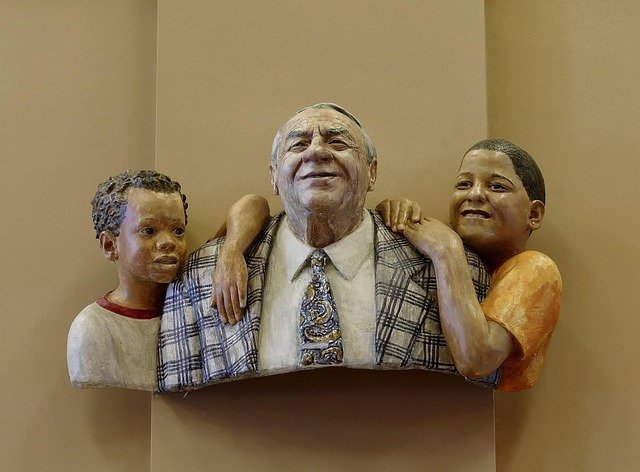Choosing Baby Names: Generations, Tradition, Culture, and Diversity
Choosing a baby name blends personal taste, family history, and social context. A name can signal generational identity, reflect traditional roots, honor cultural heritage, or celebrate diversity. This article explores how names evolve across generations, why traditional choices endure, how cultural influences shape naming, and how growing diversity broadens options for parents.

How do names reflect generations?
Names often act as timestamps. Certain names rise in popularity during specific decades due to celebrities, literature, political figures, or broader cultural movements. For example, names that were fashionable for one generation can feel classic or old-fashioned to another, and some names cycle back into favor as “retro” choices. Demographers and naming databases show patterns where short, simple names surge during one period while more elaborate or unique names grow in another.
Generational trends also reflect shifts in values and social norms. As families move through economic or cultural changes, name choices may emphasize individuality, continuity, or social alignment. Understanding generational patterns can help parents decide whether they want a name that feels contemporary now, clearly ties to a past generation, or bridges multiple eras.
Why choose traditional names?
Traditional names often carry meanings, family connections, or religious significance that many families value. Using a name passed down through generations can strengthen a sense of continuity and family identity. Traditional names may also be easier to pronounce across multiple languages within a family, and they sometimes come with established nicknames that evolve naturally.
However, traditional names might feel common in some communities and overly formal in others. Parents weighing a traditional option often balance honoring heritage with considerations about uniqueness and how a child might feel about the name in different social contexts. Keeping family stories about the name’s origin can help preserve its significance regardless of how common it is.
How do cultural influences shape names?
Cultural background profoundly shapes naming choices. Names can reflect linguistic patterns, religious customs, historical figures, and local traditions. Immigrant families frequently blend naming practices from their country of origin with influences from their new home, leading to hybrid or adapted names that honor both contexts.
Cross-cultural naming also raises practical considerations: pronunciation, spelling variations, and how a name reads in the local language. Some families choose culturally specific names to preserve heritage, while others select names that are easily pronounced in multiple languages to support their child in diverse communities. Consulting extended family and researching name meanings can make culturally rooted names both respectful and functional.
How does diversity change naming choices?
Increasing cultural diversity in many societies has expanded the pool of names parents consider. Exposure to different cultures through media, schools, and communities introduces parents to names with varied sounds, structures, and stories. Diversity encourages creative combinations, such as pairing a culturally specific first name with a different-origin middle name, or using modern spellings and variations that reflect blended identities.
Diverse naming also brings attention to social considerations: ensuring a name won’t subject a child to misunderstanding or bias, respecting naming traditions appropriately, and being mindful when borrowing names from cultures other than one’s own. Many parents seek names that celebrate multiple heritages or that are adaptable across cultural settings, helping children navigate diverse environments with confidence.
Practical considerations when selecting a name
Beyond cultural and generational meaning, practical factors affect daily life. Think about ease of pronunciation, likely nicknames, compatibility with a surname, and how initials or full name might appear on documents. Consider testing a name aloud in different tones and contexts — formal introductions, playful moments, or potential professional settings. Some parents gather feedback from trusted relatives or friends, while others prefer to keep their choice private until a later stage.
It can help to shortlist names and live with them for a few days to see which feel natural. Also check for unintended associations (brands, historical figures, or slang) that might influence perception. Balancing emotional resonance with real-world practicality often leads to a name that both honors identity and serves the child well.
Conclusion
Names are multifaceted: they link generations, preserve tradition, express cultural roots, and reflect diversity. Thoughtful naming considers heritage, social context, and everyday usability. Whether selecting a traditional family name, a culturally specific choice, or a unique modern option, understanding these influences helps parents choose a name that resonates across time and communities.






